Organic farming is an agricultural production system that does not use synthetic inputs like fertilizers, pesticides, herbicides, etc., and instead relies on ecological processes, biological cycles, and nitrogen fixation. Organic farming in Kenya has been developed in the present years, and farmers are looking for ways to reduce their reliance on synthetic inputs.
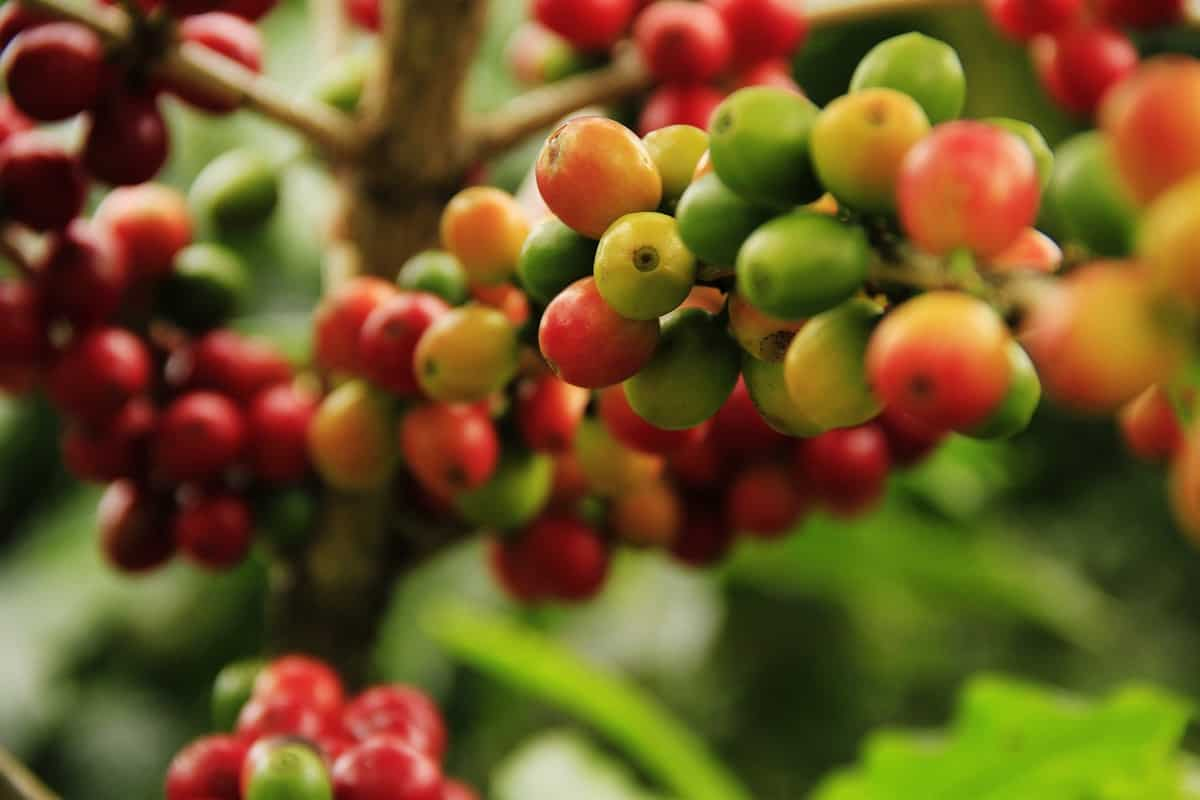
This form of agriculture is more sustainable and helps improve the soil and water quality while also providing a higher income for farmers. In Kenya, small-scale farmers are using organic methods to farm successfully.
How to start organic farming in Kenya
What is organic farming in Kenya?
Organic farming in Kenya is a type of agriculture sector that relies on naturally occurring processes rather than synthetic inputs. This includes using organic matter to fertilize and condition the soil, using pest and disease control methods that are compatible with organic standards, and using crop rotations and other management practices that maintain or improve soil health.
Organic farming in Kenya is growing in popularity as more farmers seek to adopt sustainable practices that benefit the environment and their livelihoods. With proper management, organic farms can be highly productive and offer several advantages over traditional farming methods.
How to start organic farming in Kenya?
Organic farming relies on natural processes rather than synthetic inputs to enhance crop production. Organic farming in Kenya has been practiced for centuries by small-scale farmers using traditional methods. The Kenyan government has supported organic farming and has implemented various policies and initiatives to promote its development. The government also set up an Organic Farming Unit within the Ministry of Agriculture to provide technical support to farmers and facilitate market linkages.
In case you missed it: How to Start Organic Farming in the Philippines: Schemes, Certification, Profits, Cost, and Challenges
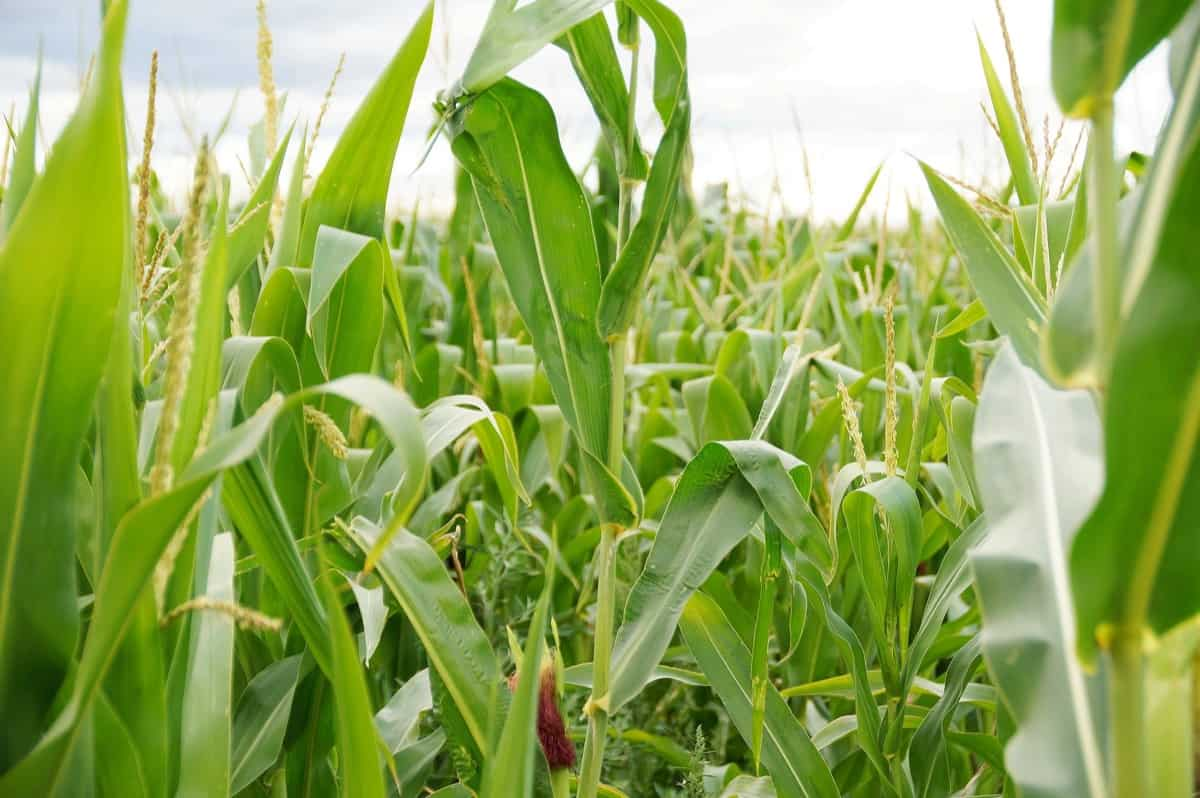
Several private sector initiatives are supporting organic farming in Kenya. One notable initiative is the Sustainable Agricultural Land Management (SALM) project, which is being implemented by World Agroforestry Centre (ICRAF) with funding from UK Aid. The project aims to promote sustainable land management practices among small-scale farmers in Kenyan highlands through training and demonstration trials.
Steps to start organic farming in Kenya
- Decide what crops you want to grow.
- Research the best organic farming practices for those crops.
- Choose a farm location with the ideal climate and soil for your chosen crops.
- Create a business plan for your organic farm.
- Raise the necessary funds to start your farm.
- Hire experienced and reputable organic farmers to help you get started.
- Purchase quality seeds and seedlings from a reputable supplier.
- Use only organic methods and materials on your farm (e.g., compost, natural pesticides, etc.).
- Get certified as an organic farm by a credible organization.
- Advertise your farm and sell your products to individuals, businesses, or wholesalers/distributors
Problems of organic farming in Kenya
Organic farming in Kenya is not without its challenges. The main problem is the lack of access to land. With a rapidly growing population, good-quality land is becoming increasingly scarce. Many small-scale farmers are forced to cultivate marginal land, which is often unsuitable for organic agriculture.
Other problems include a lack of knowledge and skills among farmers, limited access to markets, and higher costs of inputs. Many organic farmers in Kenya struggle to make a profit due to these factors. Despite the problems, organic agriculture has huge potential in Kenya. Proper support and investment could play a main role in improving the livelihoods of small-scale farmers and boosting the country’s economy.
In case you missed it: Top 12 Steps to Boost Millet Yield: How to Increase Millets production, quality, and tips
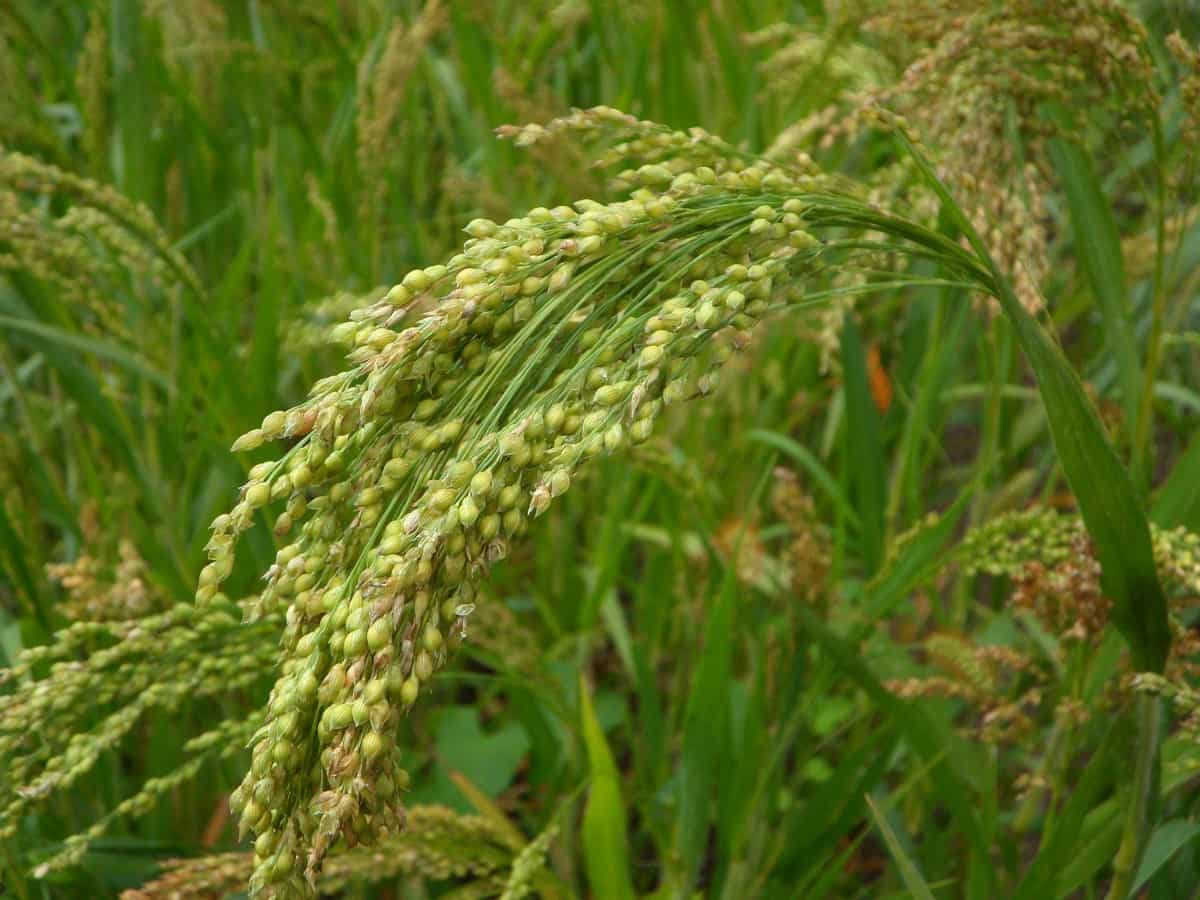
Certified organic farms in Kenya
- In Kenya, organic farmers work to build healthy soils, conserve water, and promote biodiversity. These practices benefit the environment and improve the quality of the food produced.
- Certified organic farms in Kenya must meet strict standards set by international certification bodies. These standards cover all aspects of organic production, from raising crops and animals to processing and transporting products. Certification allows consumers to be sure that they are buying food that has been produced in accordance with these standards.
- There are many advantages to organic farming, both for farmers and consumers. Organic farmers often find their costs lower than conventional farmers, as they do not have to purchase synthetic inputs. They also tend to have fewer problems with crop pests and diseases. For consumers, buying organic food supports sustainable agriculture and helps to protect the environment.
- Organic farmers in Kenya must adhere to strict guidelines to be certified. These guidelines cover everything from seed selection and planting to pest control and crop rotation. Farmers must also maintain records of their practices, so it audited by the Kenya Bureau of Standards (KEBS).
Organic farming initiatives in Kenya
- In Kenya, organic farming initiatives are being undertaken by several different organizations to promote the production of organic food. These initiatives are often based around small-scale farmers, who are being supported in their transition to organic agriculture.
- One such initiative is the Organic Farming Alliance of Kenya (OFAK), established in 2006. OFAK works with small-scale farmers to help implement organic farming practices and provides training and support on marketing and selling their products.
- Another organization working on organic farming in Kenya is the Kenya Organic Agriculture Network (KOAN). KOAN was founded in 2001 and promoted organic agriculture through research, education, and advocacy. They also provide certification services for farmers who want to sell certified organic products.
- Organic farming initiatives in Kenya are helping to improve the livelihoods of small-scale farmers while also providing healthy and sustainable food for people across the country.
What are the organic farming practices in Kenya?
- In Kenya, organic agriculture is applicable in many agricultural production systems, including smallholder farms, large-scale commercial farms, pastoralist livelihoods, and peri-urban horticulture.
- The Kenyan government has supported organic agriculture and created an enabling environment for its development through policy and institutional reforms. For example, the government has established an Organic Agriculture Unit within the Ministry of Agriculture to facilitate the development of the organic agriculture sector. The government has also incentivized farmers to convert to organic agriculture through financial support for certification costs and extension services.
- Several organic farming practices are commonly used in Kenya. These include using natural fertilizers such as compost or manure, crop rotation, intercropping, and minimum tillage. Farmers also use biological pest control methods, such as predators or parasites to control pests, rather than chemical pesticides.
- Organic agriculture can improve food security and income for small-scale farmers in Kenya. Organic farmers can produce high-quality crops using sustainable practices that protect the environment while conserving natural resources.
In case you missed it: Best Fertilizer for Sorghum/Jowar: Organic, NPK, Bio-fertilizers, Requirements, When and How to Apply
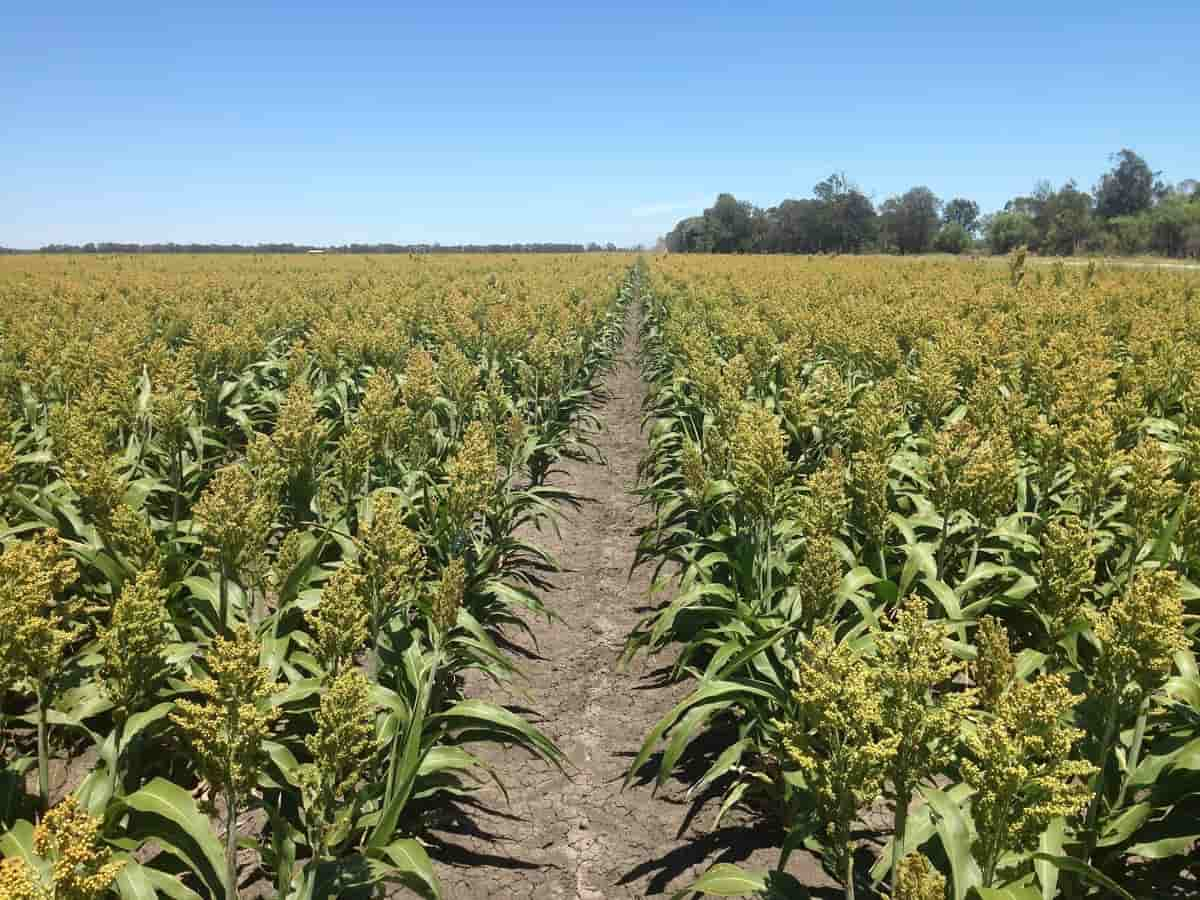
Is organic agriculture applicable in Kenya?
The applicability of organic agriculture in Kenya is also evident in the successful adoption and scaling up of organic production by smallholder farmers and commercial producers. There are currently over 200,000 certified organic farmers in Kenya producing a range of crops, including coffee, tea, vegetables, fruits, grains, pulses, spices, herbs, essential oils, honey, dairy products, and livestock.
Many of these farmers have organized themselves into cooperative societies and marketing groups to better access markets and add value to their products. Several private companies are also processing and marketing certified organic products from Kenya.
Is organic farming Profitable in Kenya?
Organic farming can be profitable in Kenya if done correctly. With the proper marketing and certification, organic farmers can access premium product prices. Several initiatives are underway to support small-scale farmers transitioning to organic agriculture, including training programs and financial assistance.
Organic soil management in Kenya
The first step in organic soil management is to test the soil to determine its nutrient needs. This can be done using a soil test kit available at most garden stores. Organic matter is the most important amendment for improving soil quality. It can be added to the soil by compost, manure, or other organic materials. Adding organic matter to the soil helps improve its fertility, structure, and drainage.
To keep soils healthy, it is very important to rotate crops regularly. This helps prevent nutrient depletion and reduces the risk of disease and pests. Cover crops can also be planted between main crop rotations to help replenish nutrients and improve soil health.
Pest and diseases management for organic farming in Kenya
- Maize rust: This is a fungal disease that attacks the leaves of maize plants, causing them to turn yellow and eventually die. Maize rust is particularly prevalent during the rainy season.
- Tomato wilt: This disease affects the roots of tomato plants, causing them to wilt and die. Tomato wilt is most commonly caused by a soil-borne fungus called Fusarium oxysporum.
- Cotton bollworm: This is a caterpillar that feeds on the leaves and buds of cotton plants. Cotton bollworms can cause extensive damage to crops, particularly during the early stages of growth.
Fortunately, Crop rotation and intercropping are effective organic pest and disease control measures that Kenyan farmers can use to minimize the impact of these problems. Some of the most commonly used techniques include:
Methods or techniques followed for organic farming in Kenya
Organic farmers in Kenya use various methods and techniques to produce crops and livestock in an environmentally sustainable way. These include using cover crops and crop rotation to improve soil health, natural pest control methods such as Companion Planting, and organic manure and compost to improve plant growth. Organic farmers in Kenya also promote biodiversity by planting various indigenous crops, trees, and shrubs. This provides food and shelter for wildlife and helps protect against soil erosion and landslides.
Weed management for organic farming in Kenya
- Weed management is an essential aspect of organic farming. In Kenya, organic farmers use several techniques to manage weeds, including hand weeding, mulching, and crop rotation.
- Hand weeding is the most common method of weed control in Kenya. Farmers will typically hoe or handpick weeds from their crops on a weekly basis.
- Mulching is also used to control weeds. Farmers will cover the ground around their plants with organic materials like straw or leaves, which helps to prevent weed seeds from germinating.
- Crop rotation is another important tool for weed management in organic farms. By growing different crops in different areas of the farm each year, farmers can reduce the overall population of weeds on their land.
In case you missed it: Top 15 Steps to Boost Cabbage Yield: How to Increase Size, Quality, and Production
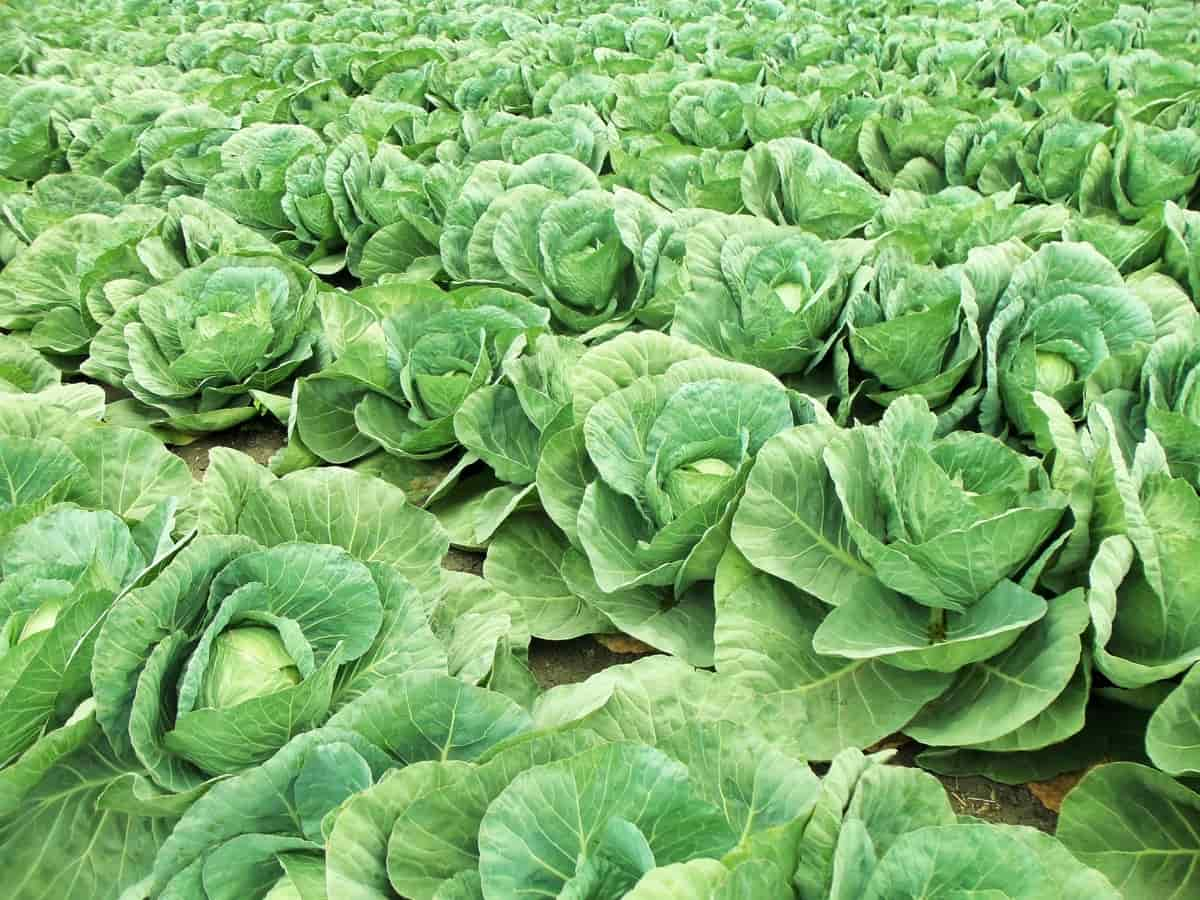
Which organic crops are grown in Kenya?
Kenya’s most popular organic crops are Maize, Wheat, Sorghum, Millet, Pulses, Rice, Beans, Lentils, Peas, Cabbage, Broccoli, Kale, and Spinach. In recent years, organic farming has gained popularity as a way to produce food without harmful chemicals. Kenya’s organic farmers use traditional methods to produce high-quality fruits, vegetables, and grains.
These foods are not only safe for human consumption, but they are also more nutritious than conventionally-grown foods. In addition to the crops mentioned above, Coffee and Tea are also frequently grown organically in Kenya.
Nutrient management for organic farming in Kenya
Regarding fertilizer use, selecting products appropriate for the local conditions and crops is important. For example, organic sources such as green manure or animal manure can be used instead of chemical fertilizers. It is also important to apply fertilizers correctly, considering soil type, crop requirements, and weather conditions. With proper management, organic farming in Kenya has great potential to improve food security and livelihoods while protecting the environment.
Organic farming certification in Kenya
Organic farming certification in Kenya is a process that farmers can undergo to have their farms officially recognized as organic. This process requires farmers to meet certain standards set by the Kenya Organic Agriculture Board, which include using only organic production methods and maintaining records of their organic practices.
Once certified, farmers can sell their products as organic and are eligible for government incentives. The certification process can be costly and time-consuming, but it allows Kenyan farmers to improve their livelihoods and contribute to developing the country’s organic agriculture sector.
Schemes under organic farming in Kenya
One such scheme is the Organic Farming Development Programme (OFDP). This program provides financial assistance to small-scale farmers who want to convert to organic agriculture. The OFDP promotes organic agriculture through public awareness campaigns, Extension services, and research and development programs. Another government.t initiative is the Kenya Organic Agriculture Network (KOAN). KOAN was established in 2006 to support the development of the organic sector in Kenya. KOAN provides information and training on organic farming practices
Challenges faced by organic farmers in Kenya
Organic farming in Kenya faces many challenges, from a lack of resources and infrastructure to a challenging climate. Organic farmers in Kenya must contend with soil that is often poor in nutrients, limited water resources, and pests and diseases that can decimate crops. In addition, organic farmers must often sell their products at a lower price than conventional farmers, as they cannot benefit from government subsidies or scale their operations as large commercial farms do.
In case you missed it: Top 20 Steps to Boost Wheat Yield: How to Increase Wheat Production
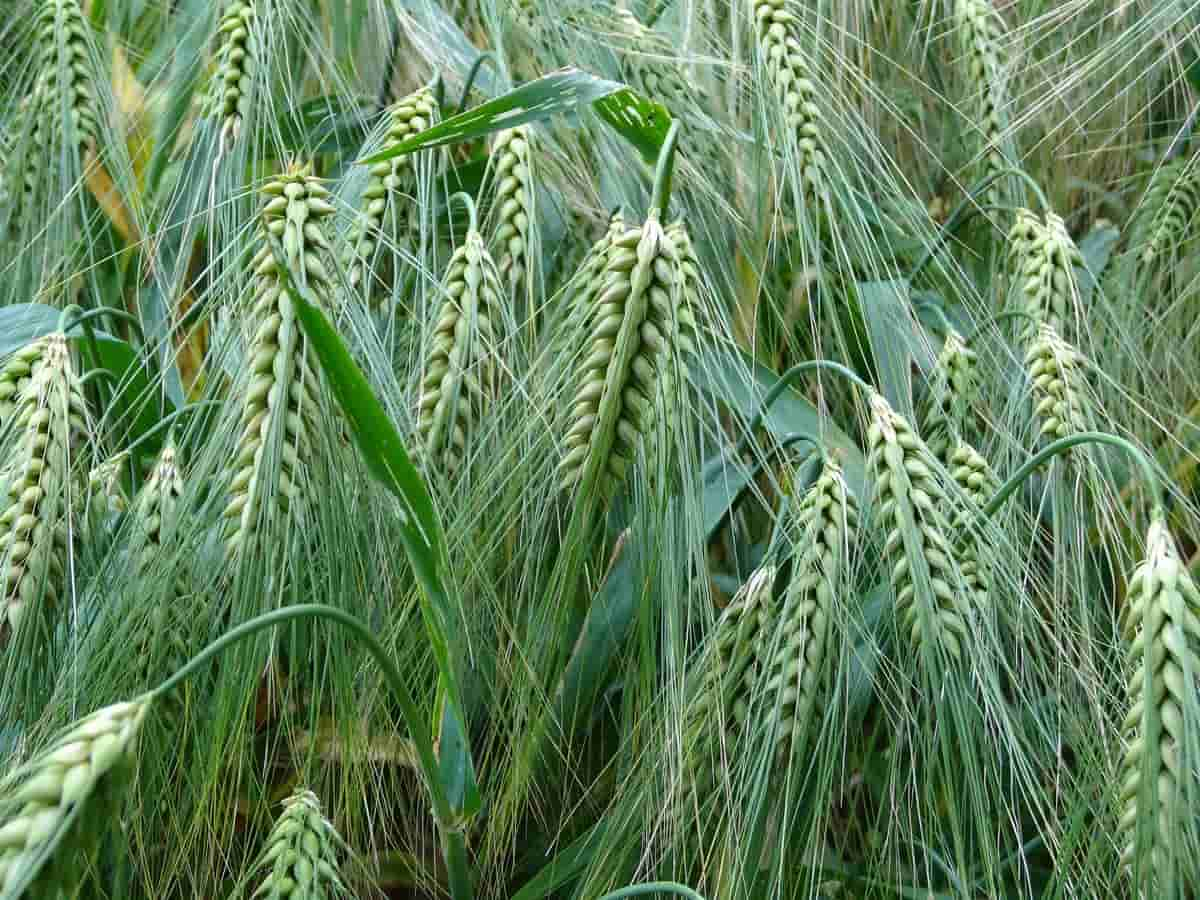
Despite these challenges, organic farming in Kenya is growing in popularity as more and more consumers become aware of the advantages of buying organic produce. However, one of the biggest challenges for Kenyan organic farmers is the high input cost. Organic fertilizers and seeds are often more expensive than conventional products, and many farmers cannot afford them. However, some farmers can offset these costs using traditional crop rotation methods and composting.
Another challenge facing organic farmers is a lack of knowledge about best practices. Many farmers have never been trained in organic agriculture, so they are not sure how to grow crops without synthetic pesticides and fertilizers. There is also a lack of information about markets for organic products, which makes it difficult for farmers to sell their crops.
Despite these challenges, organic farming in Kenya is growing rapidly. More and more farmers are interested in adopting organic practices, and consumers have a growing demand for organic products. The industry is expected to grow with continued support from the government and NGOs in the coming years.
Where can I study organic farming in Kenya?
Kenya Organic Agriculture Network (KOAN) is a national organization membership for organic farming in Kenya. It was formed to coordinate and provide leadership and professional services to all members and stakeholders in the organic farming industry in Kenya.
Conclusion
Organic farming in Kenya has become popular in recent years as more and more farmers realize the benefits of this sustainable and environmentally-friendly method of agriculture. With Kenya’s rich soil and favorable climate, organic farming can thrive here, producing healthy, delicious food crops. The Kenyan government has been supportive of organic farming and has put in place policies and programs to help farmers transition to this type of agriculture.
- How to Build a Low-budget Goat Shed: Cheap Ideas and Tips
- Goat Farming Training Programs in India: A Beginner’s Guide
- Types of Pesticides Used in Agriculture: A Beginner’s Guide
- Economical Aquaculture: A Guide to Low-Budget Fish Farming
- 15 Common Planting Errors That Can Doom Your Fruit Trees
- How to Make Houseplants Bushy: Effective Tips and Ideas
- Innovative Strategies for Boosting Coconut Pollination and Yield
- Pollination Strategies for Maximum Pumpkin Yield
- The Complete Guide to Chicken Fattening: Strategies for Maximum Growth
- Natural Solutions for Tulip Problems: 100% Effective Remedies for Leaf and Bulb-Related Issues
- Revolutionizing Citrus Preservation: Towards a Healthier, Greener Future
- Natural Solutions for Peony Leaf and Flower Problems: 100% Effective Remedies
- Maximizing Profits with Avocado Contract Farming in India: A Comprehensive Guide
- Natural Solutions for Hydrangea Problems: 100% Effective Remedies for Leaf and Flowers
- The Ultimate Guide to Choosing the Perfect Foliage Friend: Bringing Life Indoors
- From Sunlight to Sustainability: 15 Ways to Use Solar Technology in Agriculture
- The Ultimate Guide to Dong Tao Chicken: Exploring from History to Raising
- The Eco-Friendly Makeover: How to Convert Your Unused Swimming Pool into a Fish Pond
- Mastering the Art of Delaware Chicken Farming: Essentials for Healthy Backyard Flocks
- 20 Best Homemade Fertilizers for Money Plant: DIY Recipes and Application Methods
- How to Craft a Comprehensive Free-Range Chicken Farming Business Plan
- Brighten Your Flock: Raising Easter Egger Chickens for Beauty and Bounty
- How to Optimize Your Poultry Egg Farm Business Plan with These Strategies
- Subsidy for Spirulina Cultivation: How Indian Government Schemes Encouraging Spirulina Farmers
- Ultimate Guide to Raising Dominique Chickens: Breeding, Feeding, Egg-Production, and Care
- Mastering the Art of Raising Jersey Giant Chickens: Care, Feeding, and More
- Ultimate Guide to Raising Legbar Chickens: Breeding, Farming Practices, Diet, Egg-Production
- How to Raise Welsummer Chickens: A Comprehensive Guide for Beginners
- How to Protect Indoor Plants in Winter: A Comprehensive Guide
- Ultimate Guide to Grow Bag Gardening: Tips, Tricks, and Planting Ideas for Urban Gardeners
- Guide to Lotus Cultivation: How to Propagate, Plant, Grow, Care, Cost, and Profit
- Agriculture Drone Subsidy Scheme: Government Kisan Subsidy, License, and How to Apply Online
- Ultimate Guide to Raising Araucana Chickens: Breed Profile, Farming Economics, Diet, and Care
- Bringing Hydroponics to Classroom: Importance, Benefits of Learning for School Students
- Ultimate Guide to Raising Polish Chickens: Breed Profile, Farming Economics, Diet, and Care
- Ultimate Guide to Raising Australorp Chickens: Profile, Farming Economics, Egg Production, Diet, and Care